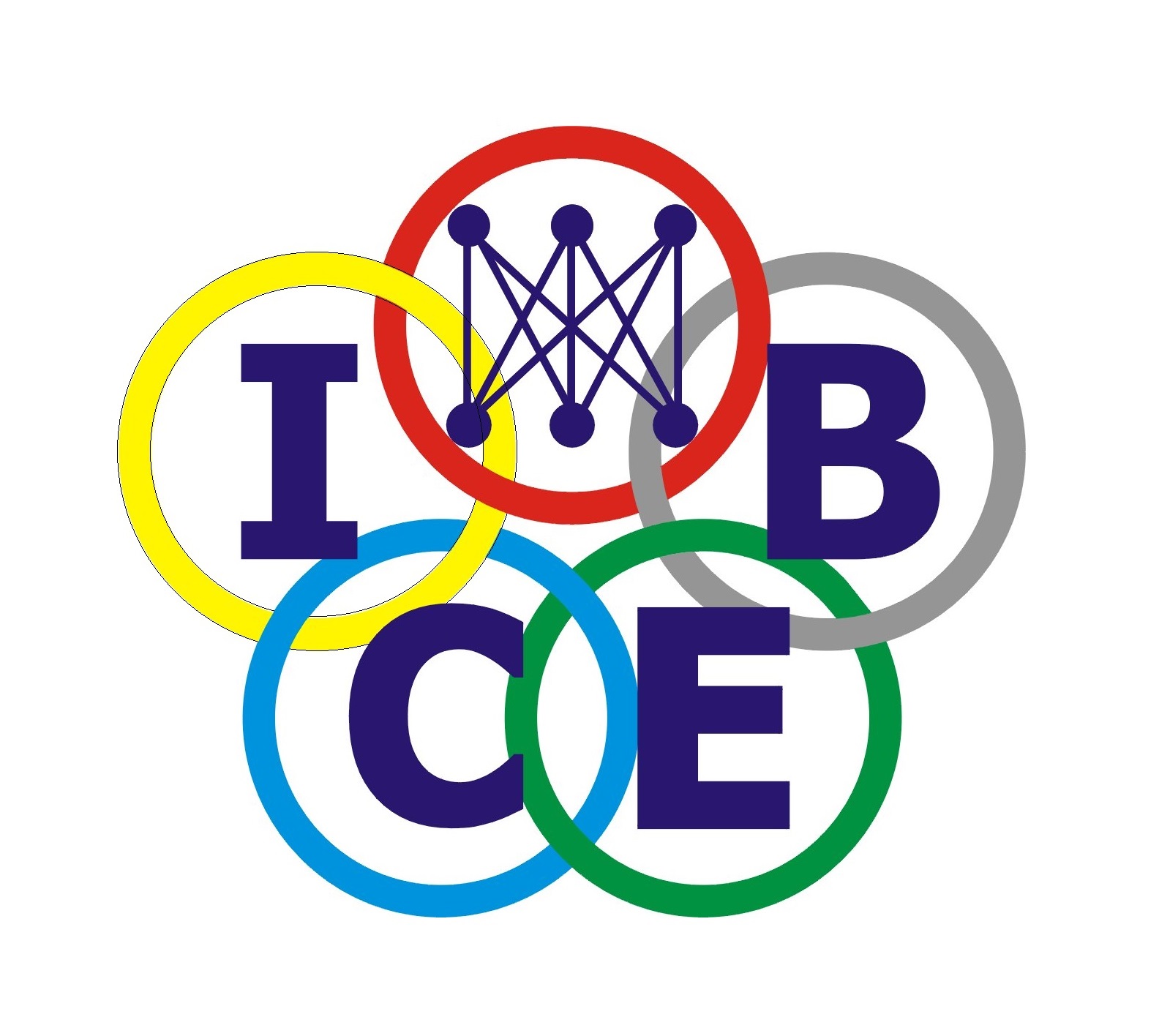Abstract
Incorporating artificial intelligence (AI) in higher education can revolutionize teaching, learning, and administrative procedures. Nevertheless, variations in institutions and socio-economic conditions impact the flexibility of AI technology. Gaining a comprehensive understanding of these differences is essential for creating successful approaches to integrating AI into various educational environments, guaranteeing fair access and advantages for all. The study highlights notable discrepancies in adopting AI technology due to variations in institutional policy, resource accessibility, and socio-economic circumstances. Organizations with strong leadership, state-of-the-art technological infrastructure, and ample resources are more capable of successfully integrating AI, leading to enhanced educational results. On the other hand, institutions with limited resources encounter difficulties when it comes to incorporating AI, which in turn impacts student learning and teachers' competitiveness. The research emphasizes the necessity of implementing specific methods and policies to address the technological gap while supporting inclusive education strengthened by artificial intelligence. It is crucial to ensure that all institutions can effectively deal with the difficulties associated with integrating artificial intelligence (AI) to promote educational fairness and progress
Recommended Citation
Zhan, Zhan; Rahman, A.B.M. Munibur; Paul, Arnab; Feng, Weiguo; and Entian, Jiang, "Evaluating the adaptability of AI technology in higher education" (2024). ICEB 2024 Proceedings (Zhuhai, China). 11.
https://aisel.aisnet.org/iceb2024/11


